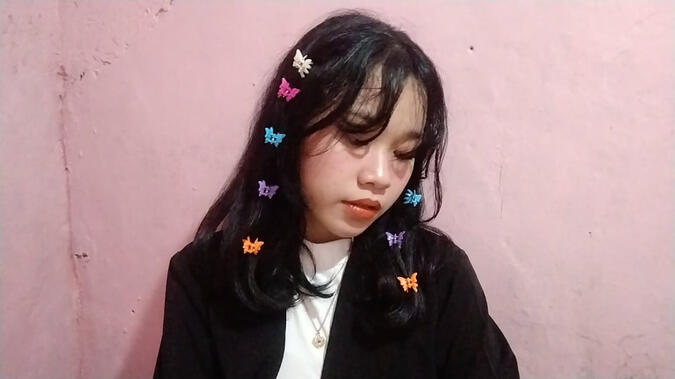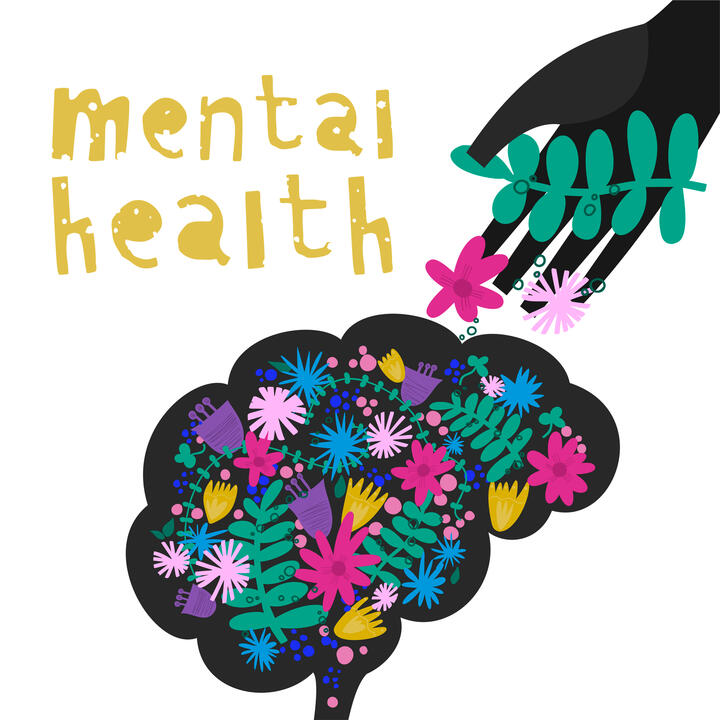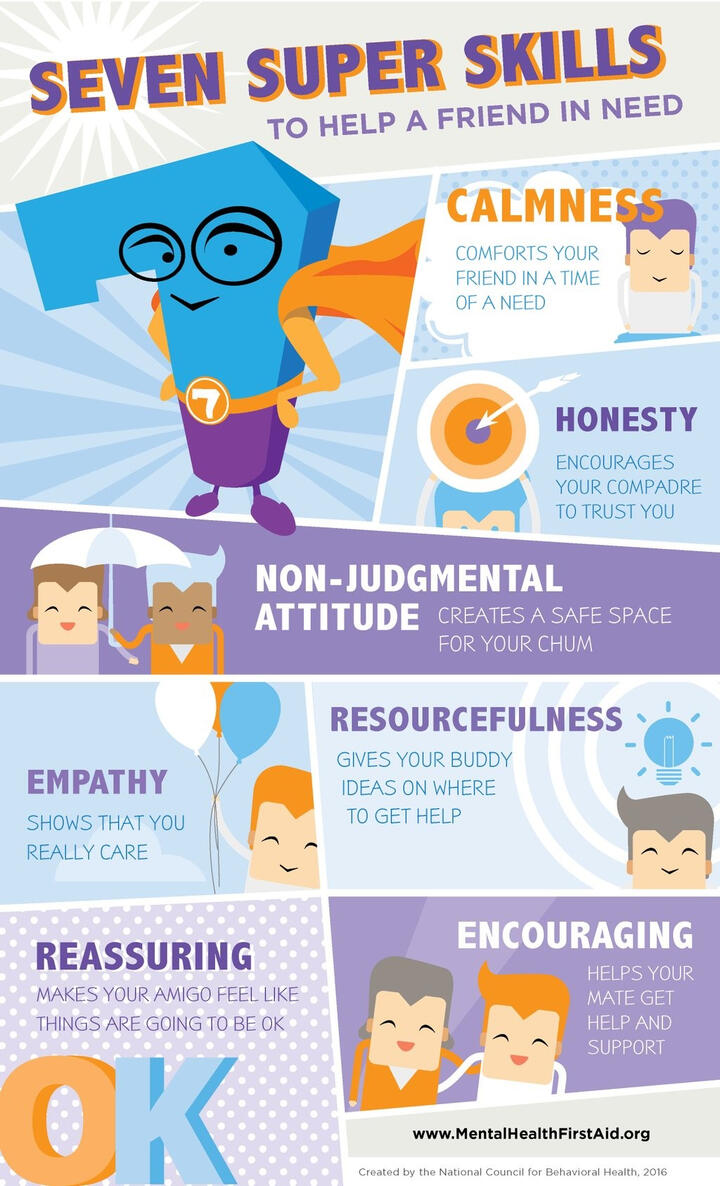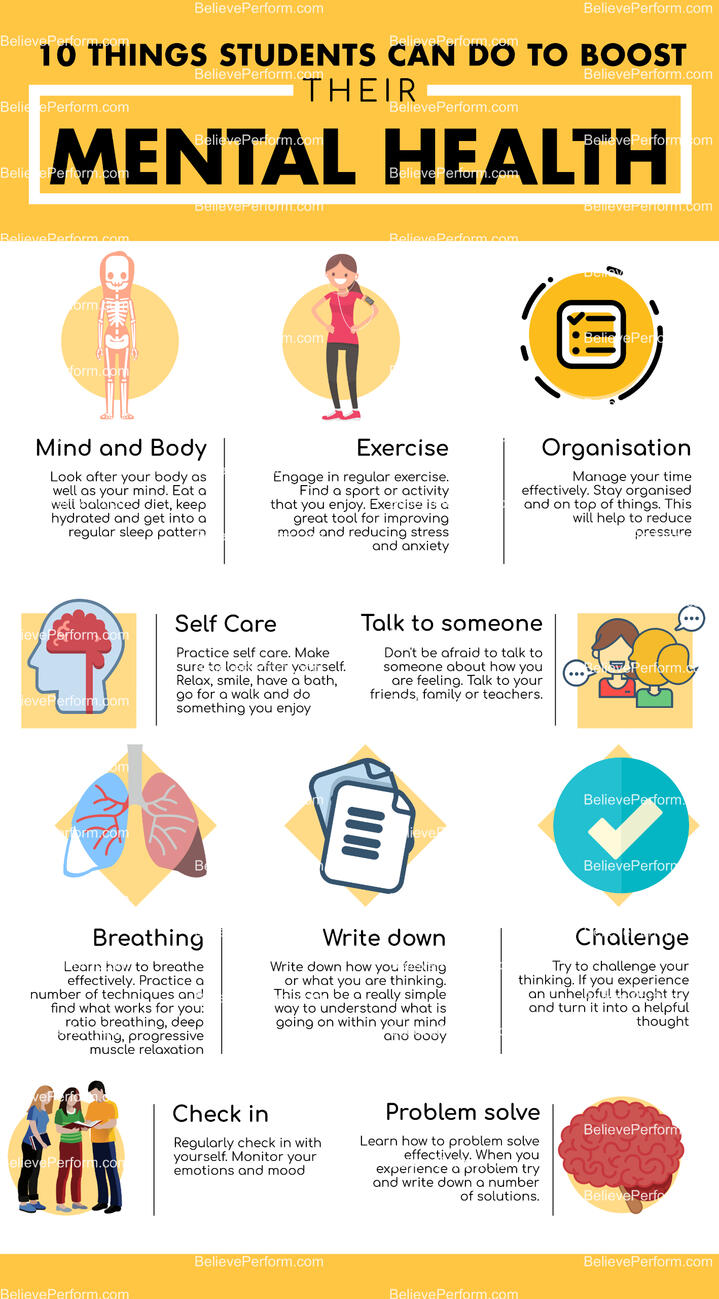Estella Marie Bautista
Stella Marie Bautista
[email protected]
Photo Gallery
You may play the music while scrolling
Resilience in Pandemic
by: Estella Marie Bautista
Laughs, smiles, and giggles— that is what people can see on her face making them conclude that she is in ecstasy, indeed she might be. She is Kim, 17 years old, a grade 11 student from Bicol, and as she unveils her story, the reality about mental health became vivid. Her life looks so lavish, but despite this, there is something very traumatic happening. There is something inside her holding her back from happiness, a tie trying to push her so hard; her world is silent but never peaceful because echoes from different directions shout and give chaos. As the crowd started to vanish, as our homes became our sanctuary, and as people with covered faces are a meter apart, she slowly loses her mind. She is suffering from anxiety in the middle of the pandemic; she is not the only one but one out of many. These millions of stories of the darkness of anxiety may lead to depression, school dropout, ruined relationships, and suicidal thoughts.
Anxiety is a normal thing that happens in a normal situation like in exams, public speaking, recitals, facing problems, and the current struggles of a person. It is a usual response to feel worried, sad, anxious, and fearful in these circumstances, but if a person feels these tremendous emotions in an ordinary situation that is no longer dangerous, then that is what we call anxiety disorder. Depression, on the other hand, is a mood disorder described as having the feeling of extreme sadness, anger, and loss of interest in the activities that they used to have fun doing before. In times of pandemic, people were mandated to stay at home, but not everyone is comfortable in their houses; they also feel worried about financial expenses, losing their jobs and opportunities, and not meeting their loved ones. Anxiety and depression are highly comorbid with each other, and according to the data from a worldwide survey, 45.7% of individuals who have depression also recorded history of anxiety disorder. A therapist, Sally R. Connolly, said that there is a cycle in anxiety and depression because they are pre-occurring; if a person feels anxious, they tend to have pervasive thinking and feel bad about themselves, and that is how depression enters. Therefore, there is an enormous possibility that a person who is suffering from anxiety may also suffer from depression, and Kim as a victim may also experience this.
The correlation between mental health and a person's skills can highly affect each other; anxiety could trigger a student to drop out of school because of their poor academic performances or unwanted experiences. Anxiety is a hindrance that makes it difficult for them to do their role and duty as a student. They may fail their exams, create a mess in recitations, or have bad social behavior whenever they try to interfere with their classmates during their tasks or activities. They tend to overthink multiple times and struggle in maintaining their grades and passing their exams, especially that education is under a new normal setting. They keep on thinking about how they can comply with their assignments or where they can find the money for internet expenses. Anxiety has stressors which means that the presence of school itself can trigger an individual to have panic attacks or to feel anxious, and studying in online class adds up to the burden. They could develop traumatic experiences because of their behavior and could have low self-esteem. These are some of the possible effects of anxiety that turned the depiction of school into a nightmare, and made them decide to quit entering it because their minds and hearts cannot let go of anxiety attacks.
Relationships are ruined because people with anxiety cannot express themselves, especially in the current mindset of the majority. Many would think that anxiety is not that serious and it is just a way for the victims to seek attention and pity from the world; these relationships include family, friends, and partners. When they try to open up and tell them their side of the story, both ears of these people are off, and their hearts and eyes are shut. It is hard for a person with anxiety to look for someone who will lend their ears wholeheartedly, no matter how hard it is for them to explain everything about their struggles. Mental health problem is a far cry from physical pain; it is something that society cannot fully understand. Sometimes, it is the family who would not believe these victims nor try to acknowledge their feelings; parents are mostly boomers who are not familiar with this matter. Victims are not okay; they may not have wounds and bruises, but they are bleeding inside. They need help and understanding from society which should be solved and not be neglected or disregarded. The connection in a family should retain, and practicing to be open with parents is vast progress. Perhaps, the reason why people were forced to stay at home is because they were prompt to create a stronger bond.









